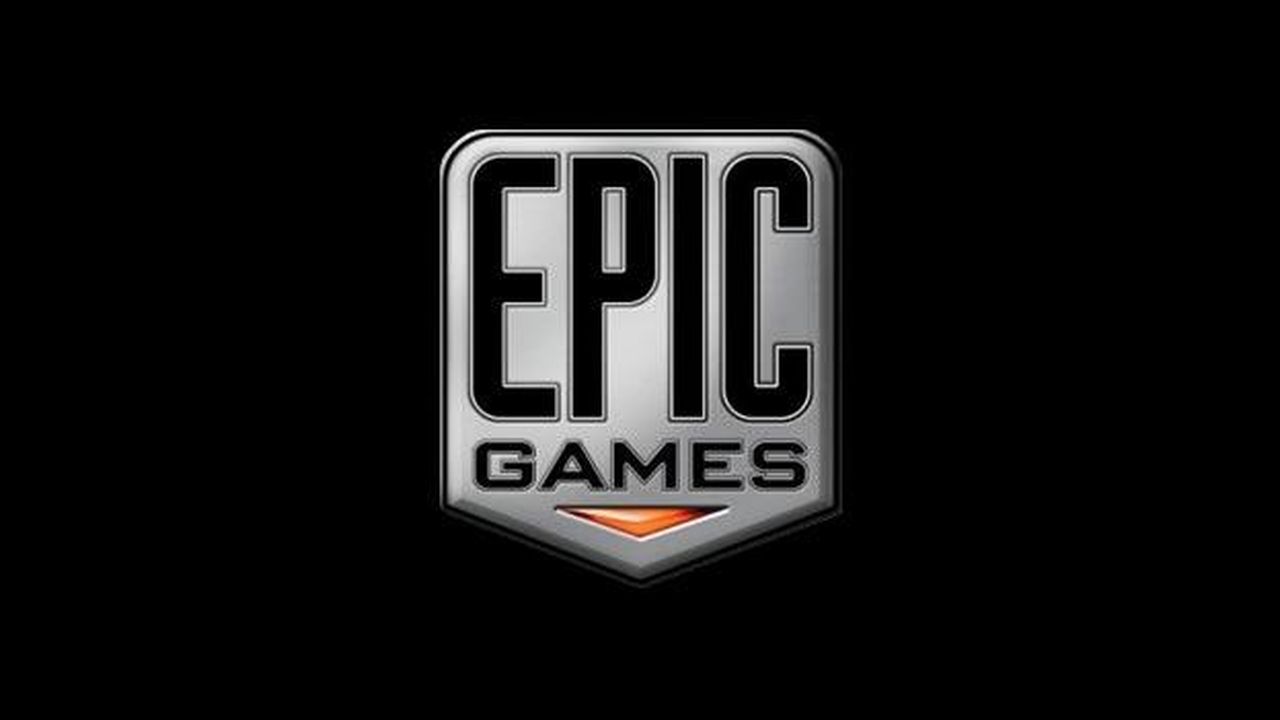The FTC has announced a settlement in its case against Epic Games, where it took the gaming development/publishing giant to task over two separate causes. The first was past violations of the Children’s Online Privacy Protection Act (COPPA) where it deemed Epic was lax in its approach to voice chat and text communications for children and teens playing Fortnite, while the second was in regards to past designs of the Fortnite’s item shops and how it used “dark pattern” designs to trick players into making unintentional purchases.
For these allegations, Epic has agreed to pay roughly $400 million in penalties and $370 million in consumer refunds respectively.
“As our complaints note, Epic used privacy-invasive default settings and deceptive interfaces that tricked Fortnite users, including teenagers and children,” said FTC Chair Lina M. Khan. “Protecting the public, and especially children, from online privacy invasions and dark patterns is a top priority for the Commission, and these enforcement actions make clear to businesses that the FTC is cracking down on these unlawful practices.”
“Epic put children and teens at risk through its lax privacy practices, and cost consumers millions in illegal charges through its use of dark patterns,” said Samuel Levine, Director of the FTC’s Bureau of Consumer Protection. “Under the proposed orders announced today, the company will be required to change its default settings, return millions to consumers, and pay a record-breaking penalty for its privacy abuses.”
You can read the full statement from the FTC here.
Epic Games creator of the video game Fortnite, to pay a total of $520 million over FTC allegations Epic violated the Children’s Online Privacy Protection Act and deployed dark patterns to dupe millions of players into making unintentional purchases: https://t.co/yHaQx8VXlu
— FTC (@FTC) December 19, 2022
Epic has also issued a statement of its own in response, where it cops to the wrongdoing in a roundabout way.
“No developer creates a game with the intention of ending up here,” the statement reads. “The video game industry is a place of fast-moving innovation, where player expectations are high and new ideas are paramount. Statutes written decades ago don’t specify how gaming ecosystems should operate. The laws have not changed, but their application has evolved and long-standing industry practices are no longer enough. We accepted this agreement because we want Epic to be at the forefront of consumer protection and provide the best experience for our players.”
Epic also lays out the steps it’s taking to adjust its systems to meet the demands of the FTC, including implementation of the Cabined Accounts it announced a couple of weeks ago that allow children and teens to play games like Fortnite and Rocket League under customisable levels of chat interaction and purchasing determined by a parent or guardian.
Some of the payment and refund features that are live in Fortnite today include:
- No pay-to-win or pay-to-progress mechanics in player-versus-player experiences.
- No paid random item loot boxes since 2019 and no gambling ever.
- A Return Tickets system that enables self-service refunds on eligible digital goods without the need to specify a reason.
- Instant cancellations of cosmetic purchases made with V-bucks, with a recently extended cancellation window.
- A hold-to-purchase mechanic for all in-game purchases in Fortnite.
- An updated chargeback policy.
- An explicit yes/no choice to save payment information.
Some of the features for younger players and their parents include:
- Parental Controls that are easily accessible in the main Fortnite Lobby menu and the Epic Account portal.
- Parental Controls that include the option to require a PIN to send and accept friend requests and enable parents to authorize purchases before they are made.
- A daily spending limit for players under the age of 13.
- Granular privacy options for chat, which include “Everybody,” “Friends and Teammates,” “Friends Only,” or “Nobody.”
- Cabined Accounts that provide a tailored experience that is safe and inclusive for younger players while they wait for parental consent.
- Settings that default to the highest privacy option for players under the age of 18, including voice and text chat defaulting to “Nobody.”



